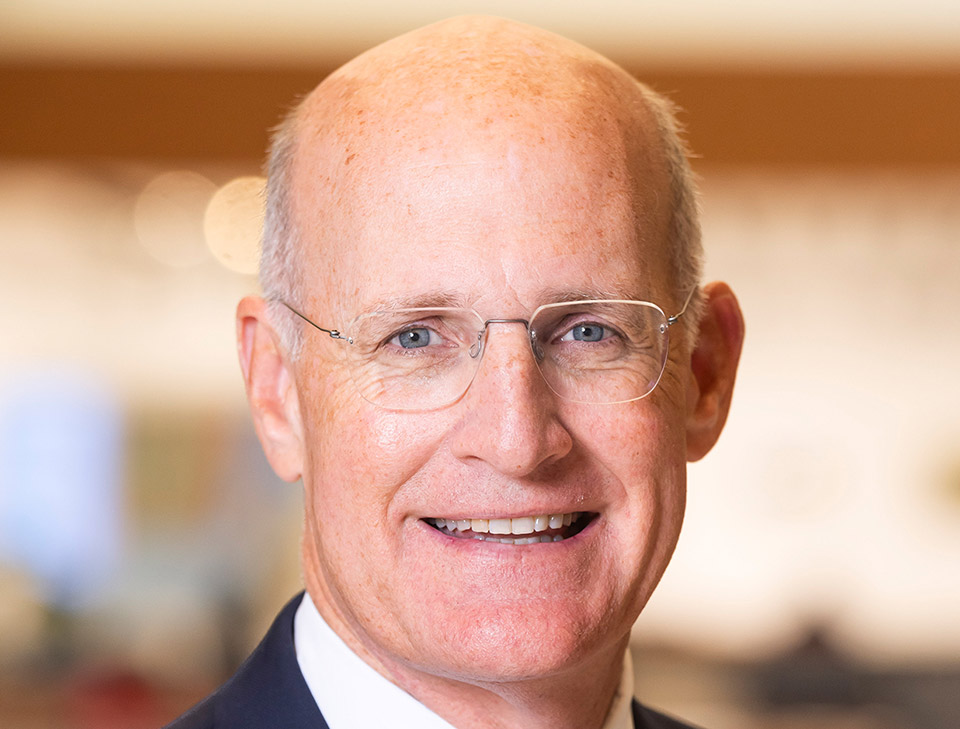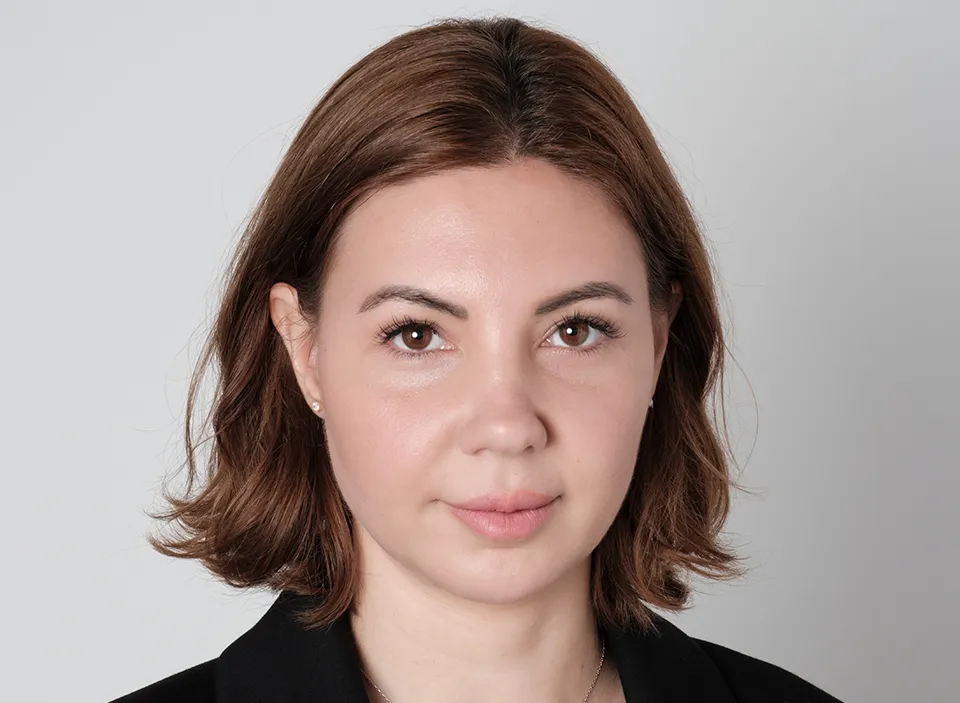News emerging this week that Citi had started to track all client calls made by its global team of private bankers raised one eyebrow. Reports that relationship managers (RMs) at the US bank must now tape all conversations then turn in their call sheets – and include everything that was said – raised the other.
If true, and there is no reason to believe otherwise, this shines an uncompromising light on life at the US firm’s wealth-management business under Andy Sieg, who rejoined Citi in September, having previously run Merrill Lynch’s $18 billion wealth business.
The new rules, approved by Sieg, reportedly include contacting clients at least every 90 days.

There is a lot going on here, so let’s break it down piece by piece.
First: is this unusual practice? Yes and no.
Citi’s view is that this is standard operating procedure. Many private banks ask RMs to log calls – though it is often more of an entreaty than an institution-wide demand. And many record conversations to remember what was said, to make it easier to debrief seniors and juniors after the event.
These teams serve the super-wealthy (the average Citi private bank client is worth $25 million), so every moment on a call or in person is invaluable.
An RM able to draw on a year-old conversation during a client call and match it to a new service tailored to, say, philanthropy or estate planning, can in a trice solidify the relationship and open up a lucrative new revenue stream.
The 90-day edict, to be sure, is an oddity: private bankers are, as a matter of course, in touch with key clients more often than that.
Fraser’s bank
Second: why now? This is easier to understand.
Next month marks Jane Fraser’s third anniversary as chief executive, and in that time she’s been busy. In March 2022, she unveiled a new strategy: each service would be contained within one of five business lines: services, banking, markets, US personal banking and wealth.
On her watch, Citi has exited more than a dozen consumer markets – to the applause of most analysts. In September 2023, she moved to flatten the business structure, shed duplicated jobs and eliminate complexity, with all division heads to report directly to her.
For better or worse, Citi is now Fraser’s bank.
In turn, Sieg’s appointment is viewed as key to the bank’s transformation from a complex and overmanned lender to a nimbler and more financially cohesive operator, able to squeeze more out of each service and division, just when banking enters a long period of yet more digitally disruptive change.
Sieg knows the scale of the challenge ahead.
Andy Sieg may only have been back for a handful of months, but he is under immense pressure to transform wealth into a powerhouse
In November, he told Euromoney Citi had “the brand and global reach, talent and capabilities to be a true global leader in wealth management.”
He also said the firm was “participating and playing and competing in a way that our rivals frankly envy. They don’t have our broad reach.”
Perhaps so, but numbers rarely lie.
Revenues at Citi’s wealth-management division fell 5% year on year in 2023, to $7.1 billion. Compare that with Morgan Stanley, whose wealth unit posted revenues of $26.3 billion last year, up 7.8%, or to JPMorgan, whose asset and wealth management division posted net revenues of $13.88 billion, 4% higher than 2022.
Sieg may only have been back for a handful of months – he spent four years at Citi in the 2000s – but he is under immense pressure to transform wealth into a powerhouse, able to generate stable and rising fee-based income and turbo-charge the bank’s revenues, profits and share price. Currently, it is not.
Ruffled feathers
Third (and it needs to be asked): what prompted this decision by the bank’s new wealth supremo? It clearly ruffled a few well-preened feathers at the division, or the news would not have leaked, and while one can only guess at the logic behind the move, a few thoughts spring immediately to mind.
This is a clear cracking of the whip: an impulse to boost productivity, and to ensure private bankers are getting the most out of each client, selling more investment products, constantly generating additional fees.
Either Fraser hired Sieg expressly to crack that whip, or this is Sieg’s own idea, having realised the scale of the challenge ahead.
Whether it ruffles feathers or not doesn’t really matter. What does is the outcome. If it works, it will be cited as a bold and smart move. If it doesn’t, he’ll be the man with the whip that didn’t crack.
Another thought springs to mind. Why, beyond the ability to rate or score RMs on their relative productivity, ask them to log and record all calls?
One answer could be artificial intelligence. After all, generative AI works by learning from us. The more it knows, via voice recordings and uploaded documents, about how private bankers think and work, how often they drop in on a client to float a new investment idea – and how often that leads to new business – the better (and sooner) it is able do many of those things itself – though surely never all.
It cannot learn from a quiet chat over a cigar, or a few notes scribbled on a pad.
If this is at least a facet of Sieg’s reasoning, and it should be – after all, he works at a bank that spends $12 billion a year on technology – it makes sense. If feeding the machine is what it takes to keep his boss happy, not to mention analysts and shareholders, so be it.




